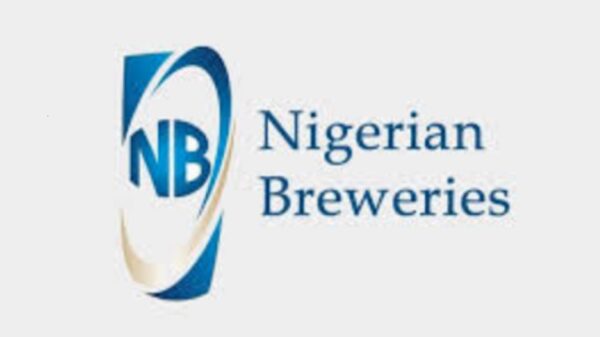In a significant development, the Nigerian federal government has ushered in a new era of efficiency and convenience by drastically reducing the processing time for passport applications.
Interior Minister Olubunmi Tunji-Ojo recently announced a groundbreaking two-week processing deadline, effectively putting an end to the months-long waiting periods that have plagued passport applicants for years.
World Bank Report on Nigeria: A Comprehensive Overview
Before delving deeper into this groundbreaking initiative, let’s take a moment to discuss the recent World Bank report on Nigeria. This report sheds light on various critical aspects of the country’s economic landscape. From soaring unemployment rates to high inflation, debt concerns, security challenges, and even environmental issues, it paints a multifaceted picture of Nigeria’s current situation.
The report projects a 2.9% GDP growth rate, slightly lower than the previous estimate of 3.3%. However, these projections depend on several factors, making it essential to analyze the key areas that demand attention.
Focus on Labor-Intensive Manufacturing and Job Creation
One of the most critical recommendations from the World Bank report is the need to prioritize labor-intensive manufacturing, job creation, fiscal responsibility, and macroeconomic coordination. Manufacturing in Nigeria faces several challenges, with power supply being a primary concern.
To tackle this issue effectively, the manufacturing sector must embrace a strategy of backward integration, as exemplified by companies like Nigerian Breweries, Guinness, and Cadbury in the past. By sourcing more materials locally, manufacturers can reduce their reliance on foreign currencies, which, in turn, would contribute to economic stability.
Addressing Regional Disparities and Agricultural Potential
In addition to the manufacturing sector, addressing regional disparities is vital for Nigeria’s economic development. Some regions of the country have historically been more conducive to agricultural production. However, challenges such as insecurity and a lack of government control in certain localities have hindered progress.
To unlock the agricultural potential of these regions, Nigeria needs a comprehensive plan that involves both sub-national and national governments. Past successes in states like Rivers demonstrate the potential impact of well-structured agricultural initiatives.
Execution is Key: The Challenge of Implementation
While Nigeria has never lacked plans and agendas for development, the real challenge lies in execution. The current administration has outlined an eight-point agenda, none of which is entirely new. The key to success is the sincere and effective implementation of these plans. To truly diversify Nigeria’s revenue base and reduce its overreliance on oil, decisive action is required.
Fiscal Prudence and Government Spending
Another critical aspect of Nigeria’s economic stability is fiscal prudence. Recent reports about the excessive number of government appointees raise concerns about wasteful spending. Reducing unnecessary overhead and streamlining government operations will be crucial to achieving fiscal balance.
The Digital Naira: A Game Changer in Financial Inclusion
Shifting our focus to another notable development, the Central Bank of Nigeria’s introduction of the “e-Naira” has significant implications for the country’s financial landscape. This digital currency aims to enhance financial inclusion, particularly in areas lacking access to traditional banking services.
However, its implementation has faced challenges, with reports of banks experiencing liquidity shortages due to the transfer of funds to the digital wallets hosted by the Central Bank.
Challenges and Opportunities in Digital Currency Adoption
While the e-Naira promises convenience for users, particularly in remote areas, there’s a need for increased public education to ensure widespread adoption. The report’s mention of funds being “sterilized” highlights the importance of understanding how the digital currency ecosystem functions.
Minister Olubunmi Tunji-Ojo: A Beacon of Efficiency
Returning to the exciting news of expedited passport processing, Interior Minister Olubunmi Tunji-Ojo has emerged as a beacon of efficiency in government service. His commitment to clearing the backlog of passport applications within three weeks, despite initially targeting two weeks, demonstrates a remarkable dedication to improving the lives of Nigerians.
Conclusion
In conclusion, these recent developments in Nigeria paint a complex picture of challenges and opportunities. While the country grapples with economic issues, security concerns, and the adoption of digital currency, it’s heartening to see leaders like Minister Olubunmi Tunji-Ojo taking proactive steps to improve government services and deliver on promises.
Nigeria’s journey toward economic stability and prosperity will undoubtedly require collaborative efforts, meticulous planning, and unwavering commitment from both the government and the citizens.























































You must be logged in to post a comment Login